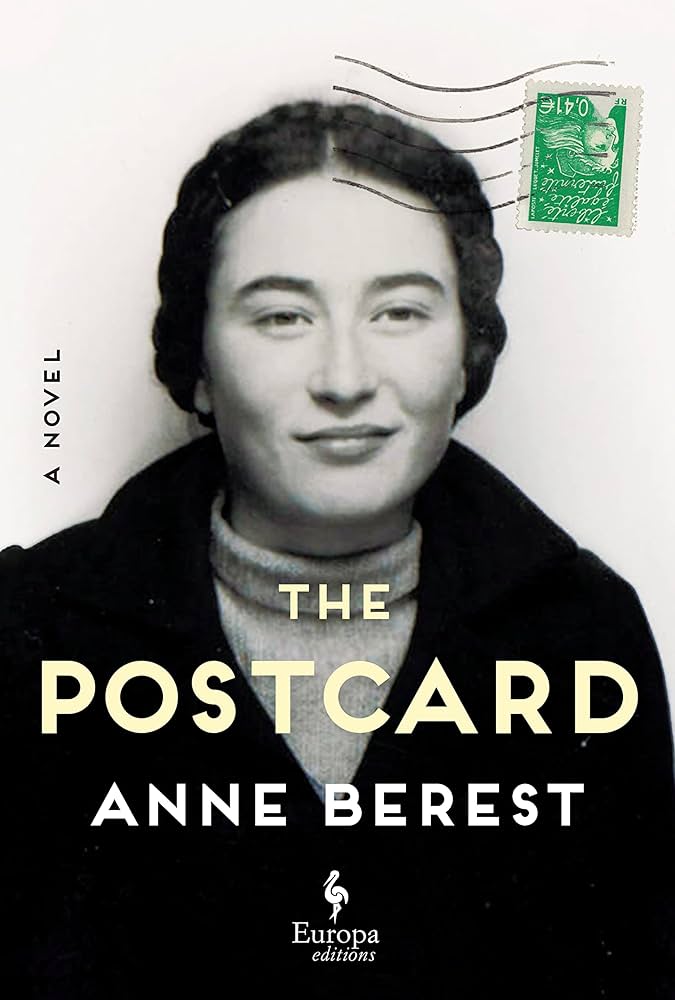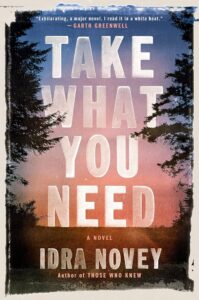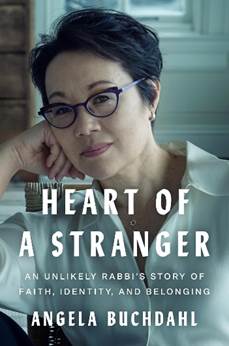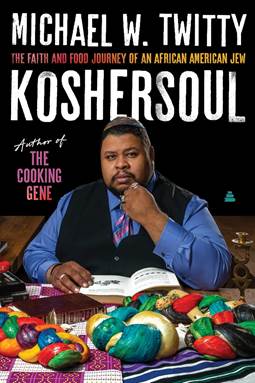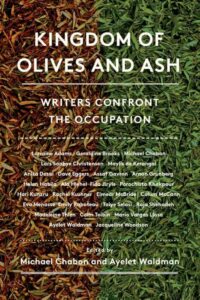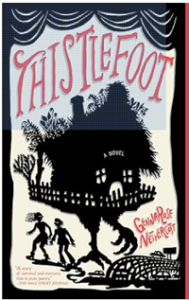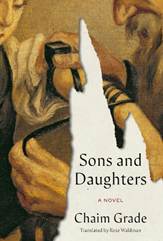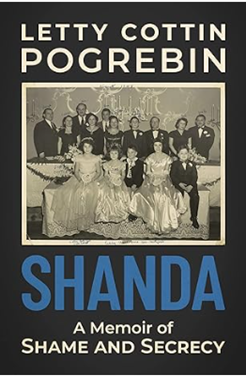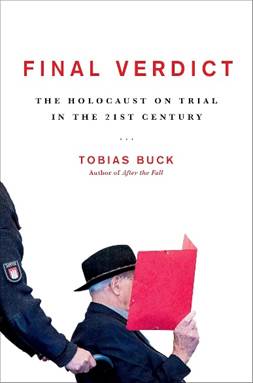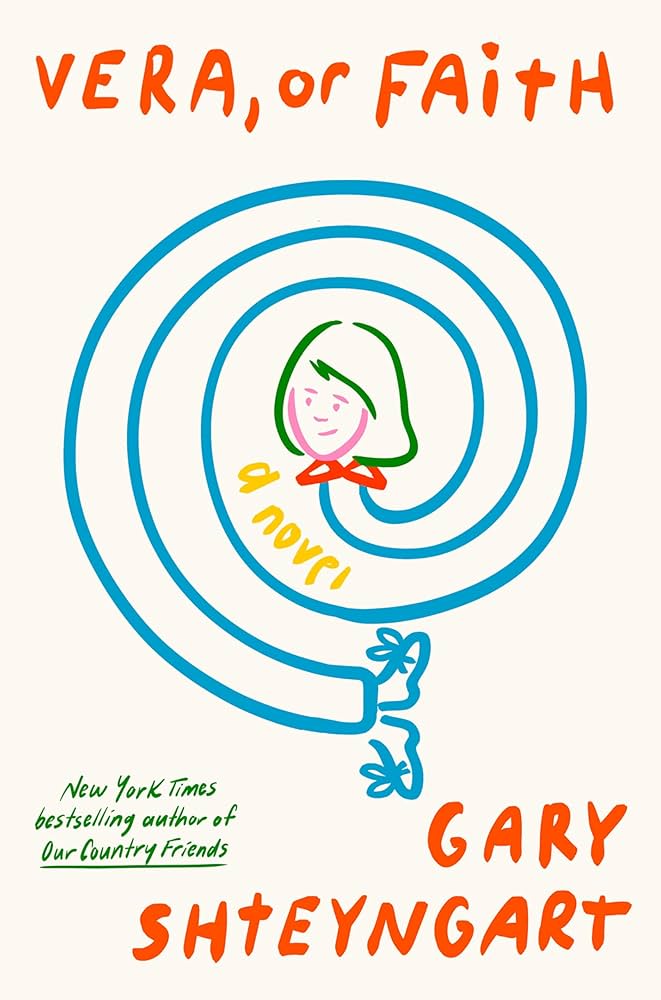 June 2026
June 2026
Vera, or Faith
by Gary Shteyngart
NATIONAL BESTSELLER • A poignant, sharp-eyed, and bitterly funny tale of a family struggling to stay together in a country rapidly coming apart, told through the eyes of their wondrous ten-year-old daughter, by the bestselling author of Super Sad True Love Story and Our Country Friends
“Pull up a beach chair: The book of the summer is here. . . . A poignant Harriet the Spy–esque delight.”—People (Book of the Week)
“Genius . . . [a] miracle.”—The Washington Post
“A novel you can read in one sitting that will stay with you forever.”—Karen Russell
“Very funny, very sad, very sharp, and completely delightful.”—Elif Batuman
“A brilliant fable about childhood, and so much more, in our broken country.”—Kirkus Reviews (starred review)
“A must-read.”—Los Angeles Times
“Shteyngart is one of the best comedians in literature today.”—BookPage (starred review)
The Bradford-Shmulkin family is falling apart. A very modern blend of Russian, Jewish, Korean, and New England WASP, they love one another deeply but the pressures of life in an unstable America are fraying their bonds. There’s Daddy, a struggling, cash-thirsty editor whose Russian heritage gives him a surprising new currency in the upside-down world of twenty-first-century geopolitics; his wife, Anne Mom, a progressive, underfunded blue blood from Boston who’s barely holding the household together; their son, Dylan, whose blond hair and Mayflower lineage provide him pride of place in the newly forming American political order; and, above all, the young Vera, half-Jewish, half-Korean, and wholly original.
Observant, sensitive, and always writing down new vocabulary words, Vera wants only three things in life: to make a friend at school; Daddy and Anne Mom to stay together; and to meet her birth mother, Mom Mom, who will at last tell Vera the secret of who she really is and how to ensure love’s survival in this great, mad, imploding world.
Both biting and deeply moving, Vera, or Faith is a boldly imagined story of family and country told through the clear and tender eyes of a child. With a nod to What Maisie Knew, Henry James’s classic story of parents, children, and the dark ironies of a rapidly transforming society, Vera, or Faith demonstrates why Shteyngart is, in the words of The New York Times, “one of his generation’s most exhilarating writers.”


